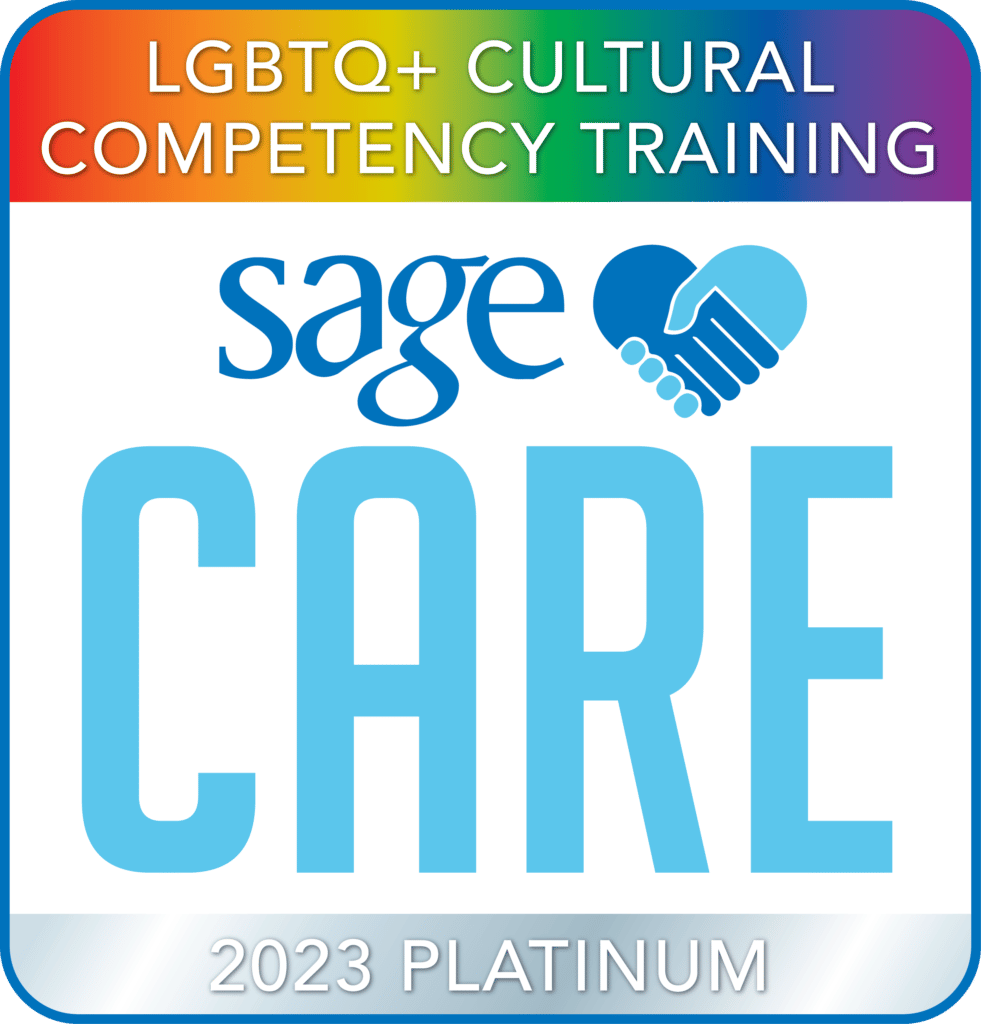Stimulating Activities for Seniors with Memory Loss

Our brains are a lot like our muscles, in that if we don’t keep using them, they will lose their capacity and abilities. While memory loss can still result from trauma, illnesses like dementia, and advancing age, there’s a lot we can do to help stimulate and exercise the brain to reduce these risks or even slow down memory loss. Here’s some insight into why stimulation works, and some fun activities that give brains a boost to share with seniors in your life.
How do stimulating activities help the brain?
Think of stimulating activities such as learning a new skill, playing strategic games, or learning a new language as a way of exercising your brain. Each time you do something new and challenging, your brain gets stronger because it must work hard, engaging different areas of gray matter.
Learning and practicing something new is both a physical and mental challenge, and that means your body builds new neural networks making the brain stronger and healthier. It actively builds the brain much like we build muscle, so we need to keep doing mentally stimulating activities if we want to keep our brain strong and healthy.
This is the same principle that occupational and physiotherapists use to help people recover their mental abilities and motor skills after an illness, operation, or trauma. By stimulating the brain, people can create new nerve connections that bypass damaged areas of the brain and recover skills that have been lost to them. In the same way, we can help keep cognitive functions like memory strong as we age by keeping our brains actively learning through mentally and physically stimulating activities.
Activities that help combat memory loss
- Listening to music – Enjoyment of music and musical ability are one of the most persistent cognitive features, and it can also be a great way to stimulate a loved one to talk about days gone by. Make a playlist of their favorite music, get them talking about what they love about it or even singing along. You can even try introducing a musical instrument if they know how to play. Learning a new dance is also a great way to make listening to music a mental and physical activity.
- Creating a memory bag – Familiar and favorite objects are a source of memory, comfort, and interest, and taking these out of a bag one at a time can create a wonderful experience with your loved one. Add their favorite perfume or scent, different textures, and items from their childhood to trigger memories and share stories together.
- Creating a family album – A family photo album is another useful source of memories and remembrance that is ideal for seniors with memory loss. Have photos from their past as well as current photos of loved ones, their home, and much more. Write each person’s name next to the photographs and decorate it together as a family craft project.
- Working on puzzles or coloring in an adult coloring book – Puzzles stimulate the problem-solving areas of the brain, encouraging spatial reasoning skills and logic, but remember to keep these appropriate to your loved one’s level of cognition. Coloring books have a more meditative effect, helping to calm and soothe the mind while promoting focus and creative thinking.
- Giving support so they can do activities they once loved, like gardening, reading, or knitting – Memory loss impacts short term memory first and leaves older memories intact for much longer, so it’s a good idea to try activities they enjoyed years ago. You’ll probably have to adapt them for their current ability, but there are some great resources available to make this happen. This includes books for people with dementia conditions, and classes at assisted living communities that include many different crafts and hobbies.
Professional, compassionate memory care in Cape May County
In an experienced memory care program like The Shores’ Tapestries neighborhood, we offer special services specifically designed to support cognitive function and health for seniors. As part of United Methodist Communities’ expert team, trained memory care experts use best practice techniques and activities to stimulate brain function and help slow dementia and age-related cognitive loss. While there is no cure for these conditions, we aim to slow their progression down as much as possible. To find out more about our memory care in South Jersey, contact us today or visit our website at: https://umcommunities.org/theshores/




